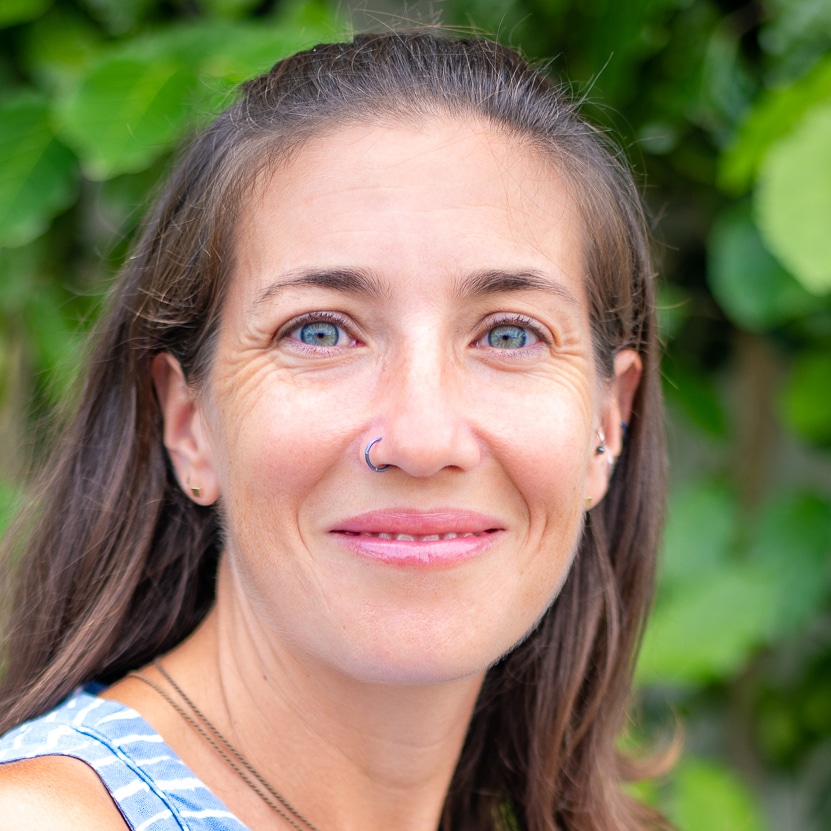Sea turtle releases in Nicaragua are nothing short of magical and one of the many goals of Vital Actions. The organization has made increasing the endangered sea turtle populations in Nicaragua one of its missions by educating the public, opening sea turtle nurseries, and more. Since the organization started operations, they have successfully helped over 200,000 baby sea turtles hatch and be released into the wild.
Vital Actions works diligently to increase the turtle population of the sea turtles that call Nicaragua home. The four endangered sea turtles that nest near San Juan Del Sur are the Green Turtle, Hawksbill Turtle, Kemps Ridley, and Olive Ridley. Vital Actions started operations in 2016. The first sea turtle nursery was opened in Playa Escameca. A second nursery was opened in Playa Coco in 2019. There are talks of adding additional locations in the future.
Creating Sea Turtle Defenders
Although illegal, the selling of sea turtle eggs is a black market business that has not been able to be fully eliminated. Vital Actions focuses heavily on stopping the sale of turtle eggs on the black market by buying the eggs from individuals, turning yesterday’s poacher into today’s sea turtle defender, and inspiring a new generation to do better.
Vital Actions took a unique approach to curb the illegal poaching of turtle eggs. The organization pays anyone to bring them turtle eggs instead of illegally selling them. They pay a similar price to what the poachers would get if they sold the eggs on the black market.
“Through intersectional approaches, these campaigns have also created local job opportunities and a financial reward system that allows the illegal egg collectors to ‘switch sides’ and become conservation activists,” said the website
Hatching the Eggs
The group employs an overnight staff to walk on Playa Escameca and Playa Coco. After a mama turtle lays her eggs, she returns to the water. Then, employees dig up the nest and relocate the eggs to the nursery. Once in the nursery, the eggs will be guarded and watched until the incubation period is complete. Each egg is counted and logged along with the date that it went into the nursery so that survival rates and hatching numbers can be closely monitored. Knowing the date a clutch, or nest of eggs, went into the nursery gives the employees a rough idea of when they can expect the eggs to be hatching. If the allotted number of days have passed and no turtles have emerged from the nest on their own a Vital Actions team member can remove some of the sand from the nest to check if there is a live baby sea turtle that has hatched and is struggling to get out.
Once the eggs start to hatch, a staff member will fill a giant basket with damp sand. Then, the baby turtles are placed in the basket to ensure their activeness before being released into the water. Allowing them to start moving ensures their ability to successfully get to the water in a timely manner on their own. It decreases the chances of being eaten by a predator in the process. Once the turtles are all awake and properly active, the basket is carried closer to the water. Then, the turtles are set on the sand one at a time to start their walk to the water. Vital Actions aims to release turtles at sunset and sunrise to maximize survival rates, as they are less likely to be preyed upon during those hours.
Vital Actions does not have a schedule of sea turtle releases. It is all up to when the eggs hatch, but there is normally a window of time that they can expect eggs to hatch and be released. The organization welcomes people to watch their releases. Vital Actions can be contacted through both their Facebook and Website accounts to check on upcoming release dates. Vital Actions founder and director Tim Rusmisel is at many of the releases. He is always super enthusiastic to share his knowledge on turtles and stories of conservation efforts the organization is working on with anyone who attends a turtle release.
Beyond Sea Turtle Releases in Nicaragua
Tim Rusmisel learned all about sea turtle conservation while he was living in Costa Rica, where he was working on another conservation project. He brought that knowledge to Nicaragua and founded Vital Actions in 2016. The sea turtle nursery has operated continuously on Playa Escameca since then. The U.S.-based non-profit is run entirely on donations. It takes roughly $30,000 to run their turtle conservation program every year. Many of the donations come through their website or guests staying at the nearby Costa Dulce Retreat, an eco-hotel also located on Playa Escameca, or Verdad, a boutique luxury hotel in the Costa Dulce community.
In recent years, Vital Actions has extended its conservation efforts to include the Collado Nature Reserve, wild domestic animal care, and more. The organization is always looking for additional people to join their “Hero Squad” by making a donation to their conservation efforts.
Watching a baby sea turtle release in Nicaragua is a magical moment. If you are in San Juan Del Sur and would like to experience this magic for yourself, contact Vital Actions via their Facebook or Website accounts for sea turtle release information.
